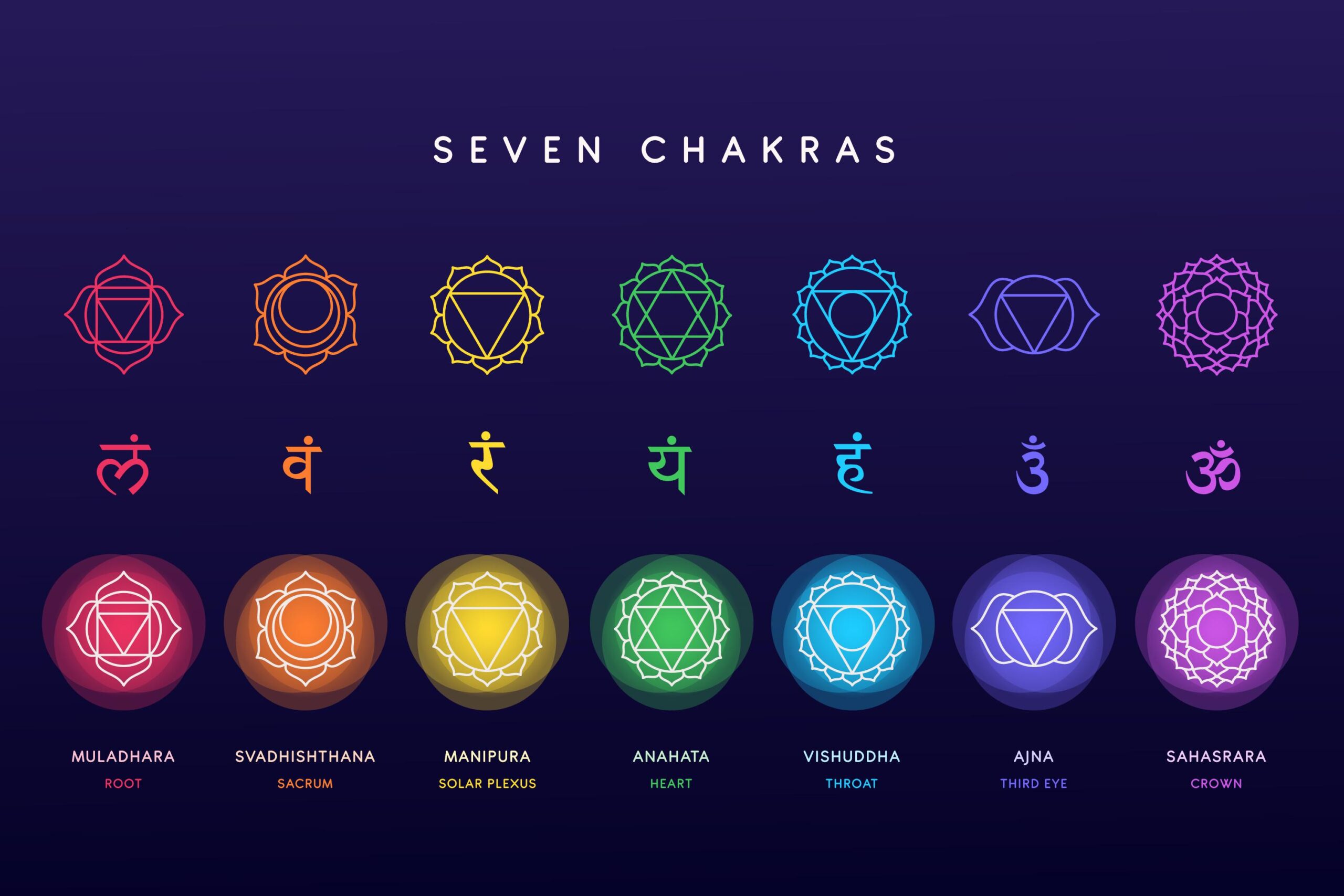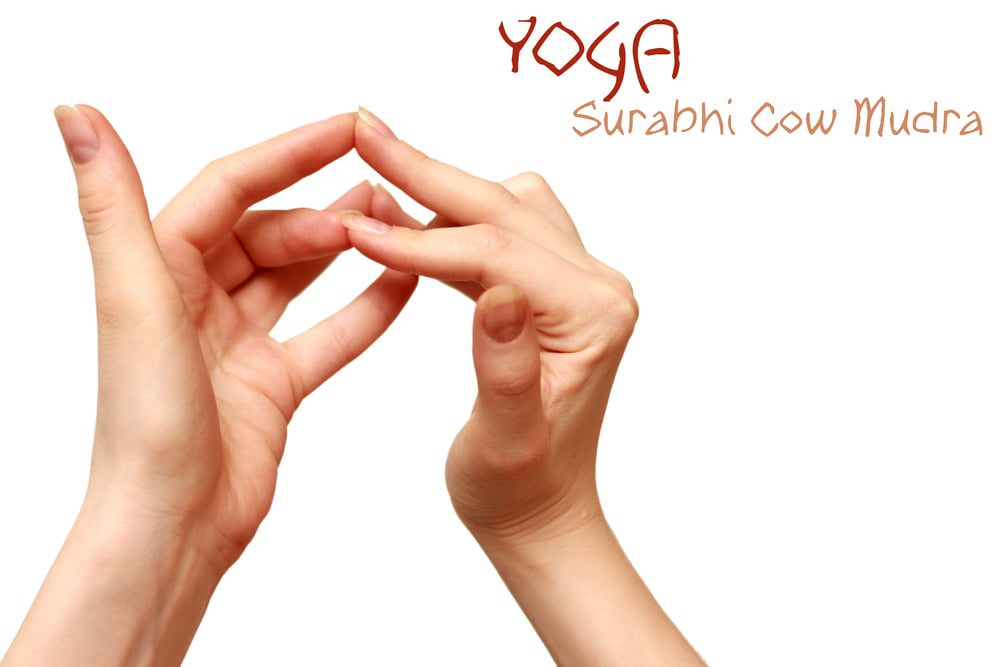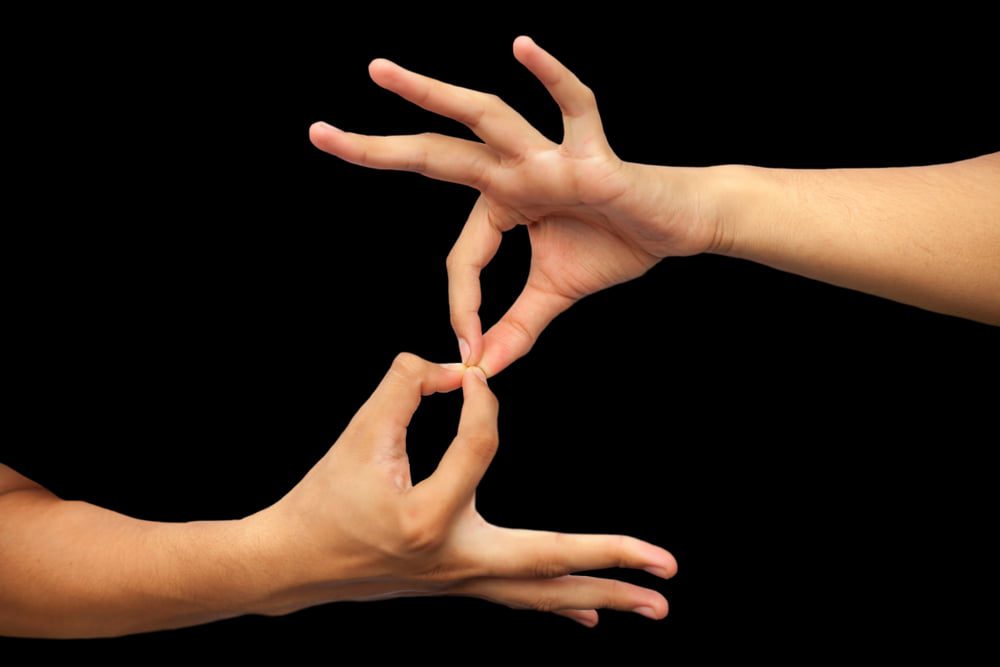In the pursuit of inner peace and emotional balance, ancient wisdom meets modern science in the exploration of chakras. These energy centers within the body, often associated with Eastern philosophies, offer profound insights into managing emotions like anger. Let’s embark on a journey to delve deep into chakras, understanding their types, benefits, techniques to balance them, and common pitfalls to avoid.
What Are Chakras?
Chakras, originating from Sanskrit, meaning “wheels,” are swirling energy centers within the body that correspond to various physical, emotional, and spiritual aspects of our being. There are seven main chakras aligned along the spine, each vibrating at a different frequency and governing specific functions in our lives.
Chakras and Anger: Exploring the Connection.
Anger, often viewed as a negative emotion, can stem from imbalances in our chakras. Understanding which chakras are associated with anger can provide valuable insights into addressing and managing this powerful emotion effectively.
Types of Chakras Related to Anger.
1. Root Chakra (Muladhara): The root chakra, located at the base of the spine, is associated with our sense of security, stability, and survival instincts. When imbalanced, it can manifest as fear, insecurity, and anger towards perceived threats to our safety.
2. Sacral Chakra (Svadhisthana): Positioned in the lower abdomen, the sacral chakra governs our emotions, creativity, and sexuality. An imbalance here can lead to mood swings, impulsive behavior, and unresolved anger stemming from past emotional wounds.
3. Solar Plexus Chakra (Manipura): Located in the upper abdomen, the solar plexus chakra is the seat of personal power, self-esteem, and confidence. Anger arising from feelings of powerlessness, rejection, or low self-worth often indicates an imbalance in this chakra.
Benefits of Balancing Chakras for Anger Management.
Balancing the chakras not only helps in managing anger but also promotes overall well-being and harmony in life. Some benefits include:
– Enhanced emotional resilience and self-awareness
– Improved communication and relationship dynamics
– Greater clarity of thought and decision-making abilities
– Increased energy levels and vitality
– Heightened spiritual connection and inner peace
Techniques to Balance Chakras for Anger Management.
1. Meditation: Practice chakra meditation focusing on each energy center sequentially, visualizing them as vibrant, spinning wheels of light. Imagine releasing any blocked energy or negative emotions associated with anger.
2. Yoga: Incorporate yoga poses that target specific chakras, such as child’s pose for the root chakra or cobra pose for the solar plexus chakra. Combine movement with deep breathing to promote energy flow and release tension.
3. Affirmations: Use positive affirmations tailored to each chakra to reprogram limiting beliefs and emotions. Repeat statements like “I am safe and secure” for the root chakra or “I am worthy of love and respect” for the sacral chakra.
4. Crystal Therapy: Experiment with crystals aligned with each chakra, such as garnet for the root chakra or citrine for the solar plexus chakra. Place them on the corresponding area during meditation or carry them as pocket stones for ongoing support.
Precautions and Common Mistakes.
While working with chakras, it’s essential to approach the practice with mindfulness and respect for your body’s unique needs. Some precautions and common mistakes to avoid include:
– Overexertion: Avoid pushing yourself too hard in yoga or meditation practice, as this can lead to physical strain or burnout.
– Neglecting Grounding: Ensure a balance between spiritual exploration and staying grounded in everyday life to maintain stability and mental clarity.
– Ignoring Physical Health: Remember that chakra work is holistic and complements, rather than substitutes for, conventional medical care. Attend to any physical ailments or imbalances alongside energetic healing practices.
Personal Insights: An Interview with Experienced Practitioners.
To gain further insights into the practical application of chakra balancing for anger management, we interviewed experienced practitioners in the field:
Interviewer: “How have you found chakra work to be effective in addressing anger issues?”
Expert: “Chakra work provides a holistic approach to understanding and resolving anger by addressing its root causes on emotional, energetic, and spiritual levels. By identifying which chakras are out of balance, individuals can tailor their healing practices to target specific areas of concern.”
Frequently Asked Questions.
Yes, chakra work can be beneficial for addressing deep-seated anger by uncovering and releasing underlying emotional blocks stored in the energy body.
The timeline for experiencing results varies from person to person, depending on factors such as consistency of practice, willingness to confront and process emotions, and individual energetic makeup.
Yes, unresolved anger and chakra imbalances can manifest as physical symptoms such as headaches, digestive issues, or muscle tension due to the interconnectedness of mind, body, and spirit.
Bottom Line.
In conclusion, chakras offer a profound framework for understanding and managing anger from a holistic perspective. By exploring the types of chakras related to anger, their benefits, effective techniques for balancing them, and precautions to take, individuals can embark on a transformative journey towards emotional healing and inner peace. Remember, the key lies in cultivating self-awareness, compassion, and a willingness to embrace the interconnectedness of mind, body, and spirit on the path to emotional mastery.
How we reviewed this article:
Our team of experts is always monitoring the health and wellness field, ensuring that our articles are updated promptly as new information emerges. See Our Editorial Process
May 13, 2025
Written By: Sarah Waskevich
Reviewed By: Kapil Yadav
Written By: Sarah Waskevich
Reviewed By: Kapil Yadav

 Workout
Workout
 Meditation
Meditation





 Contact Us
Contact Us











